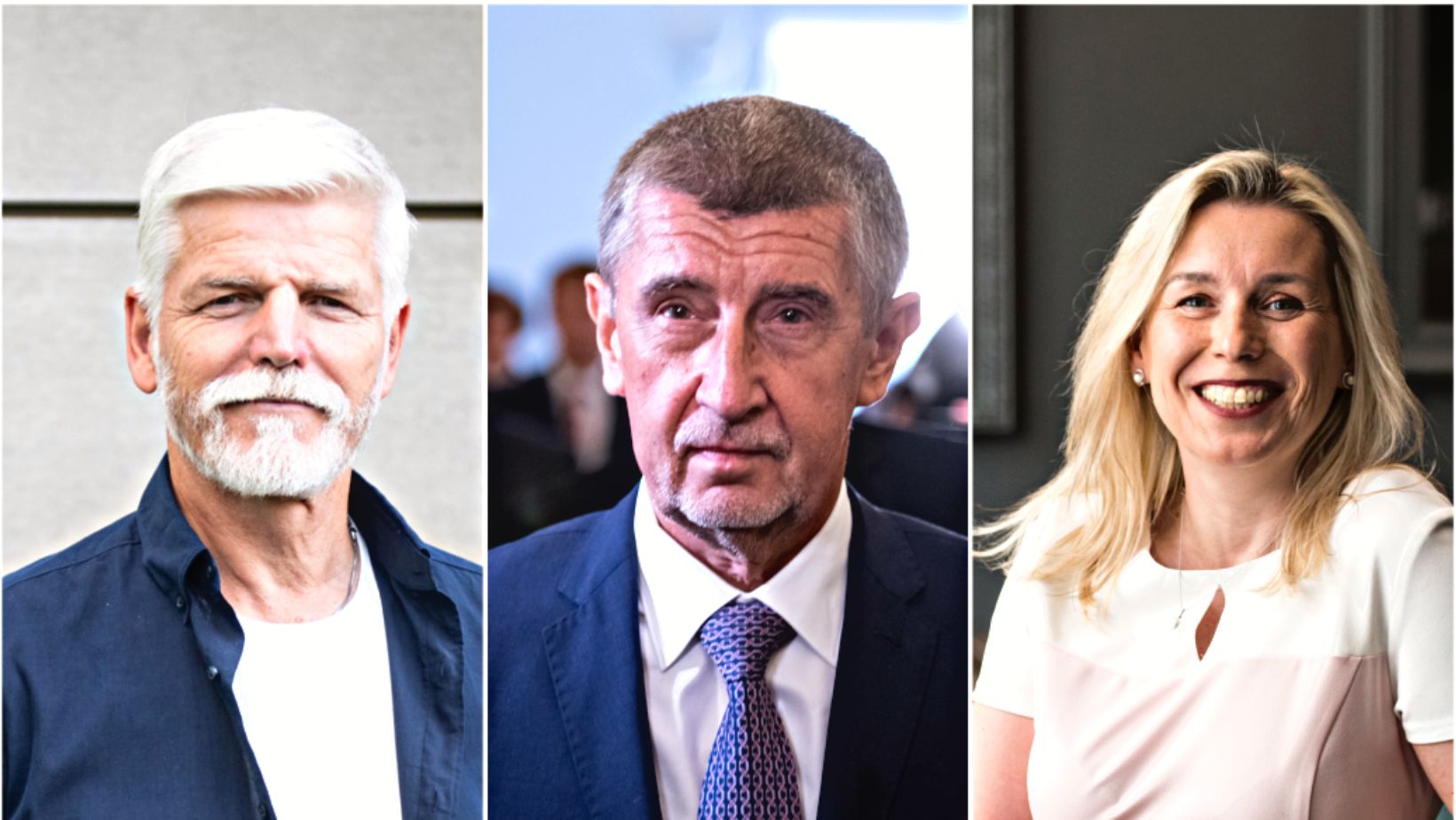The Czech Republic will go to the polls on 13 January in the first round of presidential elections, with a second round run-off due two weeks later.
The result will say a lot about Czechs’ vision for their future, as well as their relationship with a troubled past.
Three candidates stand out as favourites, and each embodies different notions of Czech identity. Polls show former prime minister Andrej Babiš, retired army chief Petr Pavel, and former university head Danuše Nerudová closely-tied for the first round, predicted to get around 25 percent of the vote each.
Many Czechs see Babiš, the best-known of the candidates, as uniquely unfit to take up office in Prague Castle. Babiš has spent recent months on trial, accused of assisting in EU subsidy fraud before entering politics. A verdict is imminent, and some, including Czech prime minister Petr Fiala, claim the ANO party leader is only running for president because winning would grant him immunity.
Yet such interpretations don’t do justice to the loyalty to Babiš felt in parts of the country, especially in rural areas. As he drives across the Czech Republic in a camper van to meet voters, Babiš supporters see him as an everyman figure hounded by hostile media — despite his billionaire status and ownership of several national media titles through a trust fund.
Still, Jiří Pehe, a former Czech cabinet member, told EUobserver Babiš’s chances of winning are “small, and not just because of his trial for EU subsidy fraud. He is a polarising figure, and while he has the firm support of around 30 percent of Czechs, almost 70 percent have very negative opinions of him.”
Babiš’s presidential rival Petr Pavel, who for much of the election campaign was seen as the favourite, is similarly dogged by criticism of his past involvement with the communists.
Pavel is open about his membership of the Communist Party prior to the Velvet Revolution, claiming he joined to facilitate a budding military career. But since announcing his presidential candidacy, peers have argued that, in his early adulthood, Pavel was more closely affiliated with the Communist regime than he admits, saying he was in fact trained to be a spy in Nato countries.
After the fall of communism, Pavel went on to have a glittering career in the Czech military and Nato, culminating in his leadership of the Nato military committee from 2015 to 2018. But the allegations have cast a cloud over his strongly pro-western orientation and unequivocal stance in opposition to Russian influence.
Danuše Nerudová would be the country’s first-ever female president (the Czech Republic has never had a female prime minister either), and she would be its youngest-ever head of state, turning 44 in early January. Similarly to Pavel, she is strongly pro-western, and she is especially popular among young voters thanks to her principled views on LGBT+ rights and the green energy transition.
Her rise has been remarkable; she is now predicted to get 25 percent of the first-round vote, while in May 2022, polls put her at only at 3.5 percent support.
Arguably her biggest selling point has been her freedom from controversy — she describes herself as unencumbered by the need to “deal with the past.” This, she argues, will enable her to act as a “moderator” of the national debate if she wins the presidency.
Going into the first round, the race is too close to call. And whoever wins, this battle of personalities has brought home the lingering influence of the Czech Republic’s difficult past as it faces an uncertain future.
Support Prague Morning!
We are proud to provide our readers from around the world with independent, and unbiased news for free.
Our dedicated team supports the local community, foreign residents and visitors of all nationalities through our website, social media and newsletter.
We appreciate that not everyone can afford to pay for our services but if you are able to, we ask you to support Prague Morning by making a contribution – no matter how small 🙂 .




